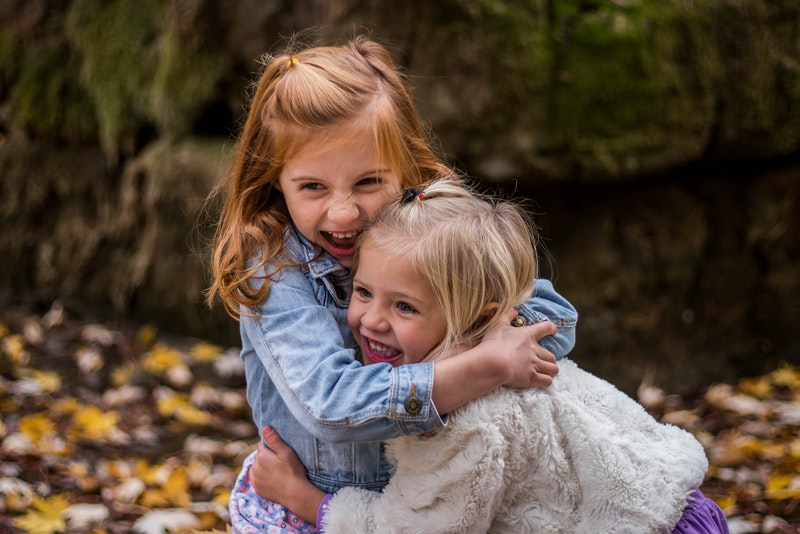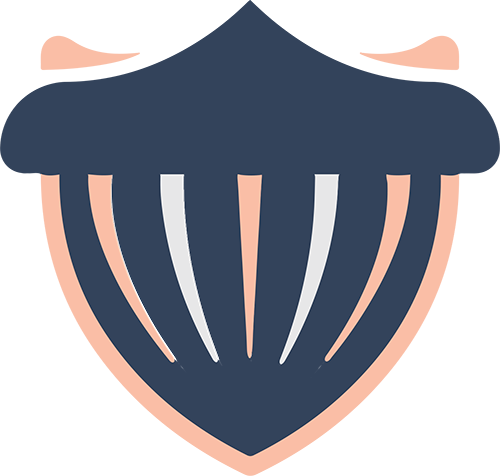Dubai is such a work and results driven society. Play and relationship building for children can often take a back seat. So what’s the importance of childhood friendships to you anyway? Ramadan and the summer months are upon us, which means everyone retreats indoors. This lack of play and relationship building affects your child’s emotional development. Researchers believe it to be leading the rise of anxiety and depression. Peter Gray, a research professor wrote, “By depriving children of opportunities to play on their own and with each other, away from direct adult supervision and control, we are depriving them of opportunities to learn how to take control of their own lives.” …which small disclaimer, is all we are trying to do to help our kids of today!

The Importance of Childhood Friendships
A huge thank you to all the parents who made it to the conversation we had at Aga Khan Early Learning Center in Dubai. Shamim from Play:Date and I are so thankful to have had the opportunity to interact with every one of you. Thank you to Ms. Kelli and all the others who made sure it all worked out as well as it did.
For those of you who could not make it, hiya! My name is Carla, and I support, empower and educate parents to confidently raise secure and calm kids. I do this through WarriorBrain.com. Where as a mental health therapist, I connect with families. And together we figure out how to manage worries and fears, and all those overwhelming “what if” thoughts. This could be your toddlers thoughts: “What if I get hurt? What if my mom forgets about me?” Or it could be your own: “What if I am not like the other parents? What if I am not good enough for my child?”
During our conversation, we talked a lot about what “childhood friendship” means to each one of you. We talked about how that looks between your little one and other toddlers their same age. How connections form with animals like Robin the Rabbit. And how the older kids are sometimes the preferred friends too. We then moved to what your friendship looks like with your child as a mom and as a dad. High five to those dads that joined us too!
We also had a look at what friendships look like when it is hard work. HALT stands for Hungry, Angry, Lonely and Tired. It is a good way to check in with yourself and with your little one to see what is really going on. To take a step back and have that observer role we talked about. And ask those hard questions. Such as, “What are you feeling? What else do you think you might be feeling? How do you know you are feeling that?“
Anger is one of those tricky ones. Anger shows up as tantrums, shouting, shoving, biting, you name it! I am sure you can easily add to the list (insert eyeroll here). But asking yourself what is behind that anger is where the magic lies: Is it that you are hurt? Disappointed? Frustrated? Or is it that your child is scared? Jealous? Or worried. This is not as easy as it looks. I pushed one brave mama to get behind her own anger in a situation she had at home the night before. And I’m sure she can attest to how hard it can be to dig deep, and find the real feelings behind that anger!
Here is an article for you with a FREE downloadable feelings chart.
It will help you uncover those feelings that lie behind your child’s anger. It is perfect for your little ones aged 1 year to +/-4 years. It will help equip you and your child with a language for emotions and it will help build their emotional IQ too. It is not just for children with anxiety. But for all children that are learning how to communicate about their emotions.
Other resources that we mentioned in our conversations today:
5 Reasons Your Child Craves Boundaries
4 Ways to Replace Self Blame with Self Care
I loved chatting to each one of you. I am always so grateful to the parents who feel brave enough to reach out and ask those hard questions. Phew! It’s not easy being a parent. Or to meet those high expectations that you place upon yourself on a daily basis. Remember to give yourself a break. To accept that your parenting journey will look NOTHING like the mother or father sitting next to you. And that it is okay! And you’re okay. We barely scratched the surface of understanding child behavior today. So if you have any questions, please feel free to email me at carla@warriorbrain.com. There are no silly questions. Maybe you want to know more about what fears you can expect and at what age, or maybe you want to know if those power struggles have more to it than just your toddler’s growing independence. Whatever it is, I am here for you. Reach out! Come join us at Play:Date’s Big Fat Playdates once a month. Trust your intuition. You are your child’s best expert. Stay awkward, be kind and most of all, stay brave.
“Fitting in is about assessing a situation and becoming who you need to be to be accepted. Belonging, on the other hand, doesn’t require us to change who we are; it requires us to be who we are.”
– Brene Brown.
If you enjoyed this article, you may want to read this story on How to Help Your Shy Child Make Friends.

